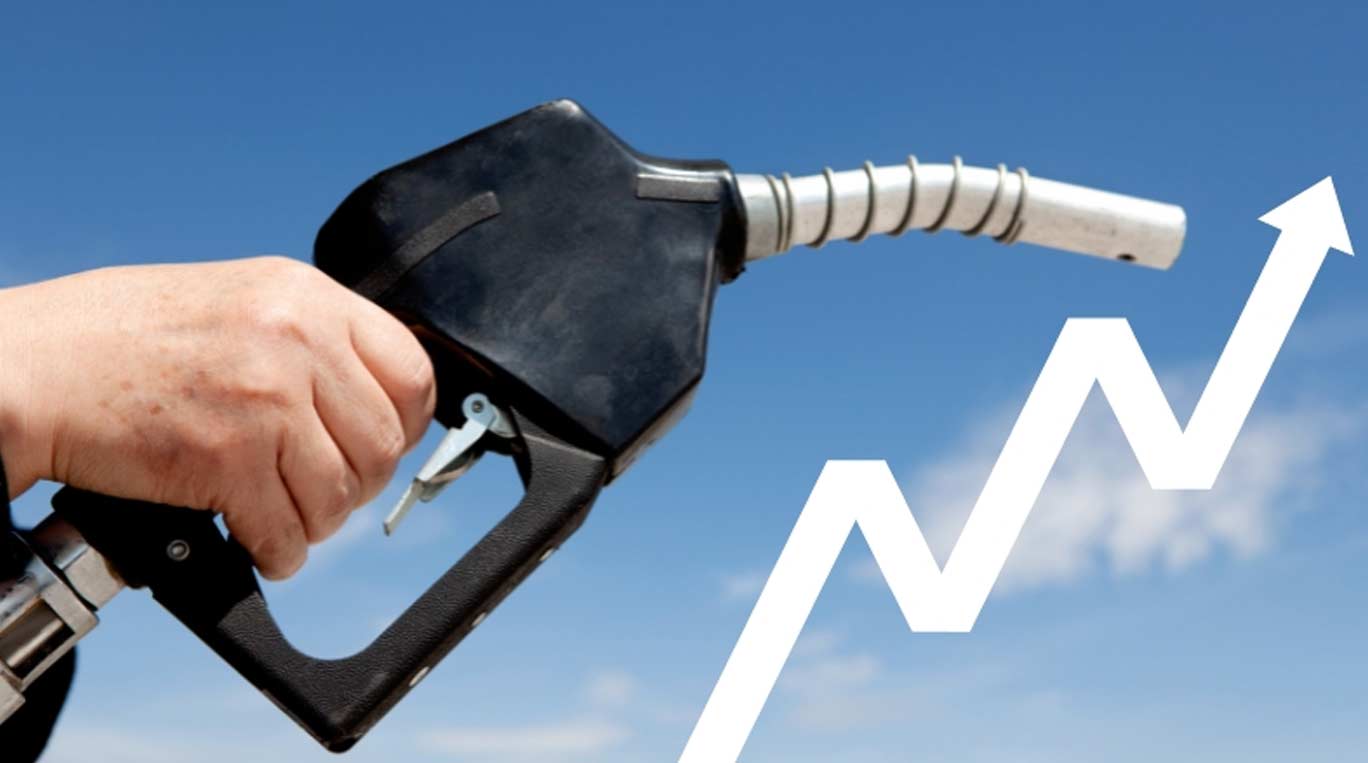Fuel prices go up in aftermath of Israeli attacks on Iran
Fuel Prices Skyrocket: Pakistanis Feel the Pinch as Israeli Attacks on Iran Send Shockwaves
In a move that has left many reeling, fuel prices in Pakistan have taken a significant leap, leaving citizens to grapple with the financial implications of a global conflict. The recent Israeli attacks on Iran have sent shockwaves through the international community, and Pakistan is no exception. As the country struggles to come to terms with the rising costs, many are left wondering how this will affect their daily lives.
A Perfect Storm of Geopolitics and Economics
The Israeli attacks on Iranian military installations have led to a significant increase in oil prices globally. With Pakistan being a major importer of oil, the country is feeling the brunt of this increase. According to officials, the price of petrol has risen by Rs 35 per liter, while diesel has seen an increase of Rs 40 per liter. This sudden hike has left many Pakistanis scrambling to make ends meet.
“I was already struggling to make ends meet, and now with the increase in fuel prices, I’m not sure how I’ll manage,” said Muhammad Ali, a local resident. “The government needs to do something to help the common man, we can’t keep bearing the brunt of these international conflicts.”
Experts Weigh In
Experts believe that the situation is likely to worsen in the coming days, with oil prices expected to rise further. “The attack on Iran has led to a significant increase in oil prices, and Pakistan is likely to feel the effects for some time,” said Dr. Kaiser Bengali, a renowned economist. “The government needs to take immediate action to mitigate the effects of this price hike, or risk seeing a significant increase in poverty and inflation.”
A Blow to the Economy
The increase in fuel prices is not just a matter of personal finance; it also has significant implications for the country’s economy. With transportation costs expected to rise, the prices of essential goods are likely to increase, leading to a surge in inflation. This, in turn, could have a devastating impact on the country’s economy, which is already struggling to recover from the effects of the pandemic.
According to a report by the Pakistan Bureau of Statistics, the country’s inflation rate has already risen to 12.2% in the past year. With the increase in fuel prices, this number is expected to rise even further, leaving many to wonder how the government plans to address the situation.
A Call to Action
As the situation continues to unfold, many are calling on the government to take immediate action to address the crisis. “The government needs to take concrete steps to reduce the impact of this price hike on the common man,” said opposition leader, Bilawal Bhutto Zardari. “We demand that the government reduce taxes on fuel and provide relief to the people, who are already struggling to make ends meet.”
As the country struggles to come to terms with the rising fuel prices, one thing is clear: the government needs to act, and act fast. With the fate of the economy and the well-being of its citizens hanging in the balance, the coming days will be crucial in determining the course of Pakistan’s future.


